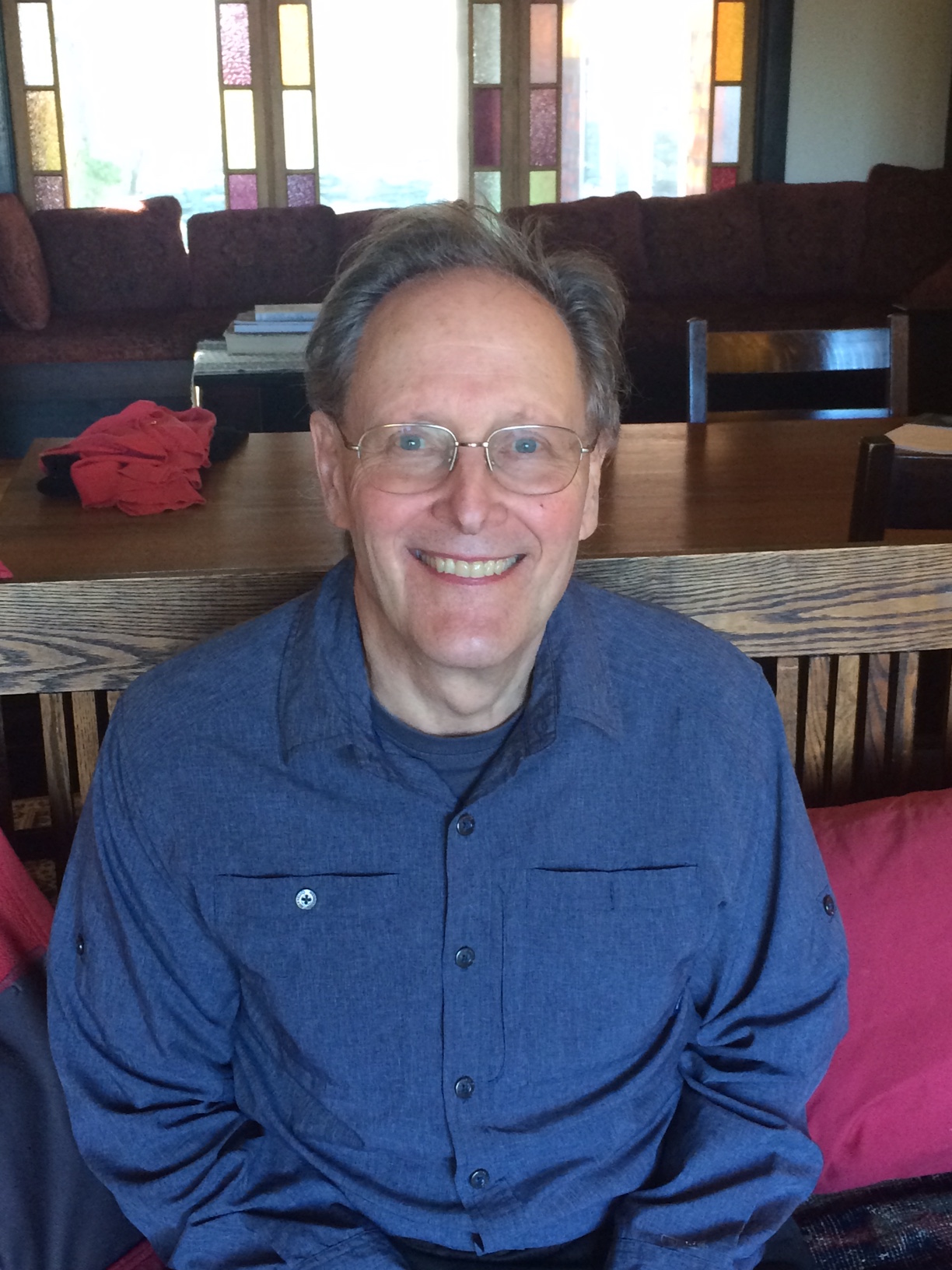Marc Heller, Interviewed by Erin Russell, November 19, 2016
 Marc Heller was born in Westchester, New York in 1948. He is a retired board certified obstetrician/gynecologist (OB/GYN). Dr. Heller worked at a large health organization for thirty years before serving as Medical Director at Planned Parenthood for twelve years. In this clip, he talks about working with his patients.
Marc Heller was born in Westchester, New York in 1948. He is a retired board certified obstetrician/gynecologist (OB/GYN). Dr. Heller worked at a large health organization for thirty years before serving as Medical Director at Planned Parenthood for twelve years. In this clip, he talks about working with his patients.
Interviewer: Can you talk about how it’s different working in a rural area as opposed to a more urban area?
Marc Heller [MH]: When I was here for the thirty years, it was a very different population because I had been in medical school in Buffalo. I think the biggest difference was among the farming, the dairy farmers, and the farming people. This is in terms of general OB/GYN. There were a couple of things. First of all, they were so tough. I mean, uncomplaining. We said after surgery “You can’t do this or that for six weeks” and they said, “Well, we gotta milk. We gotta get the hay in.” I mean a lot of them were [on] small farms with 30-50 head of milking cows and there was nobody else. I remember taking care of an eighty-year-old woman. She had severe heart disease. A standard question is, “Do you get out of breath when you walk up a flight of stairs?” So I asked her that and she said, “Yes.” And I said, “Well, how often do you stop?” and she looked at me and she said, “Stop? I never thought about that.” The other thing is like the farmers couldn’t always be with their wives when they had their babies. Some of the staff thought “Why weren’t they there?” Or they’d come in smelling of manure. They just had to work. They just had no alternative. Twenty-four hours a day, seven days a week. That was pretty amazing. And then there were the very poor, rural poor, women who were very isolated. We saw lots of abuse and alcoholism. They had a hard time coming here because they may not have had money for gas. That was true and the pregnant population and the abortion population and the gynecological surgery, just getting here to get seen was often a big problem.
Interviewer: What was it like talking to women about their reproductive health?
MH: Basically what I talked to them about were the pros and cons of various methods. In terms of what it was like, they had things that they wanted to do with their lives. They wanted to limit their family size. They wanted control over their lives and some choices in their lives that they felt were important. They wanted to care for their kids. My job was to explain what worked and what didn’t.
Puzzle
Source: Wikimedia Commons.

